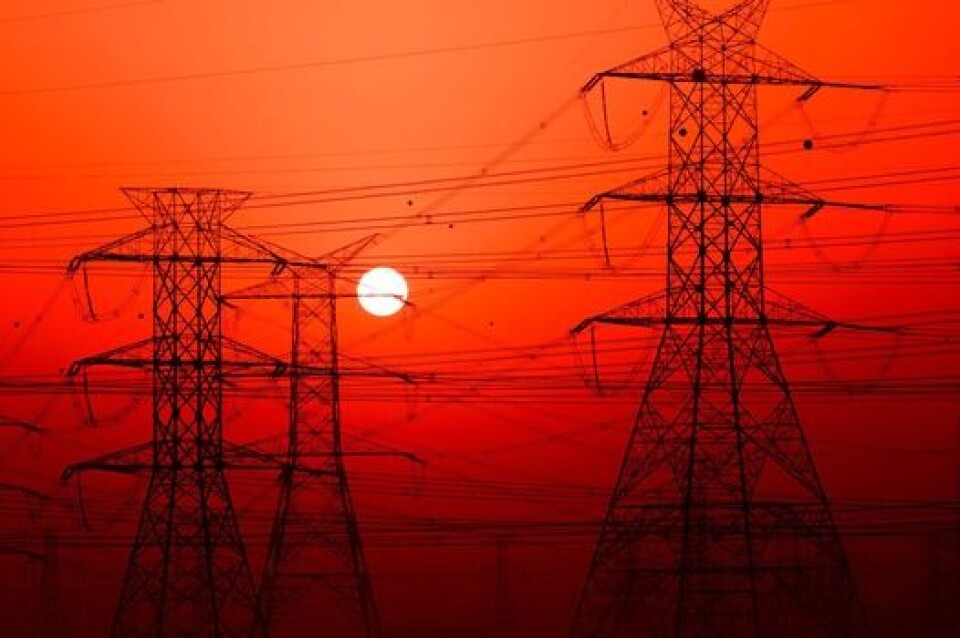South Africa’s president, Cyril Ramaphosa, immediately found himself in trouble after declaring a national state of disaster to solve the country’s deepening electricity crisis. The country is in uproar over power outages lasting up to eight hours a day, with no resolution likely within the next 12‒24 months.
The official opposition party, the Democratic Alliance (DA), immediately threatened to challenge the declaration in court, with civil society groups such as AfriForum expected to bring court actions of their own. The DA has submitted a Promotion of Access to Information Act request for all the documentation and legal advice relied on by Ramaphosa before he issued his national state of disaster.
“We still maintain our position that a national State of Disaster under the guise of dealing with the loadshedding crisis will open the door to widespread abuse of procurement processes and the issuance of nonsensical regulations that have nothing to do with loadshedding,” said Cilliers Brink, the DA’s shadow minister of Cooperative Governance & Traditional Affairs.
The country runs the risk of defaulting to rule by disaster management, says Dewald van Niekerk, head of North West University’s African Centre for Disaster Studies. The Disaster Management Act was never intended for handling crises such as Covid or electricity outages, and empowers the government to impose sweeping restrictions on businesses and ordinary citizens – including placing the army on the streets, as happened during Covid.
Ramaphosa has been under massive pressure to deal with the electricity crisis, which has seen support for the ruling party erode over the last year, with polls showing the ruling ANC unlikely to win a majority in the 2024 elections. The state-owned Eskom power utility, which supplies 90% of the country’s power, was the subject of state capture and massive looting, according to the report of the Judicial Commission of Inquiry into State Capture, which issued its findings in 2022.
“Our country has for many months endured a debilitating electricity shortage that has caused immense damage to our economy and the lives of our people,” said Ramaphosa during his state-of-the-nation address in February. “Extraordinary circumstances do call for extraordinary measures.”
The declaration of a state of emergency evokes bitter memories of the last such declaration during the Covid-19 pandemic in 2020, when all but essential services were allowed to operate. Thousands of businesses shut their doors, and an estimated three million workers lost their jobs in the months following the lockdowns. The Covid disaster regulations short-circuited normal tender procedures and opened the door to massive fraud, something opposition parties are determined to avoid repeating.
Exactly what form the disaster regulations will take is still unknown, as these have yet to be issued. It is a virtual certainty that once they are published, there will be a rush to court by opposition parties and civil society groups, many of which are still waging court battles over the Covid regulations that devastated the country in 2020 and 2021.
To join Africa Legal's mailing list please click here

